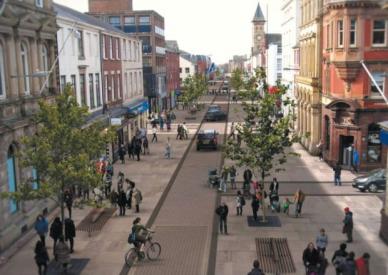In September 2015, at what was the height of migration flows witnessed in the Europe since the Second World War, this Action Planning network began its activities.
As a result of this global flow, one can observe a rapid change in the population structure and interactions between individuals and social groups: cities of migration are places of inclusion and exclusion. In this sense, Arrival Cities took place against a backcloth of rising discrimination and prejudice against immigrants. The network's cities have had to tackle the new and old challenges to ensure the migrants' integration.











